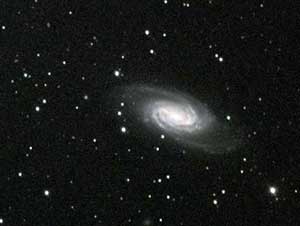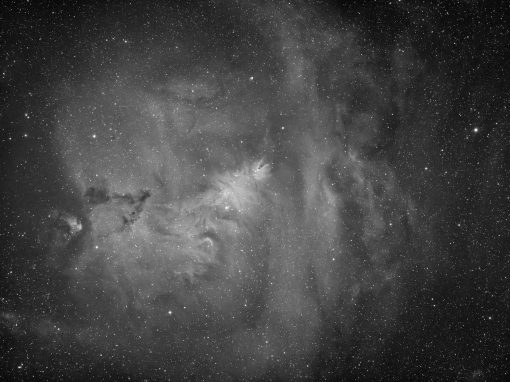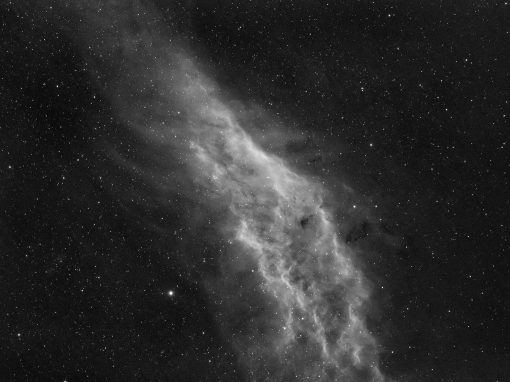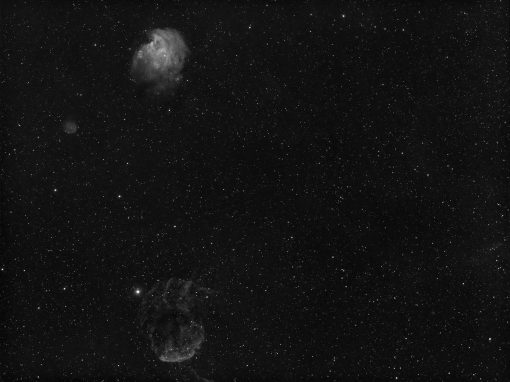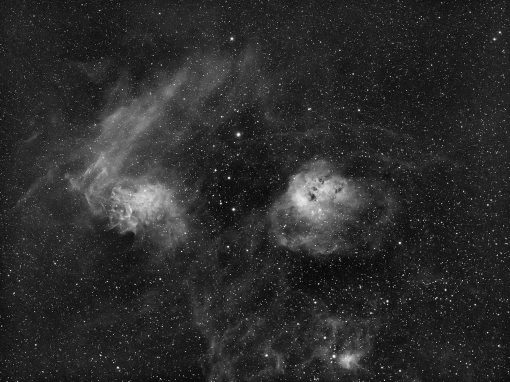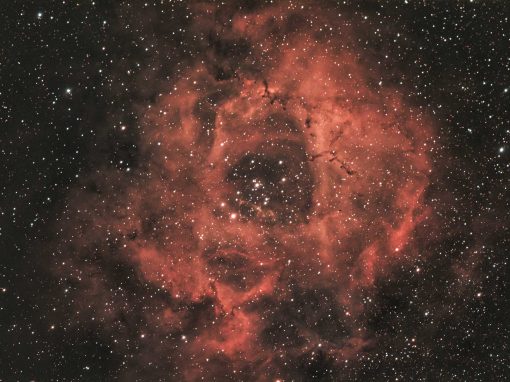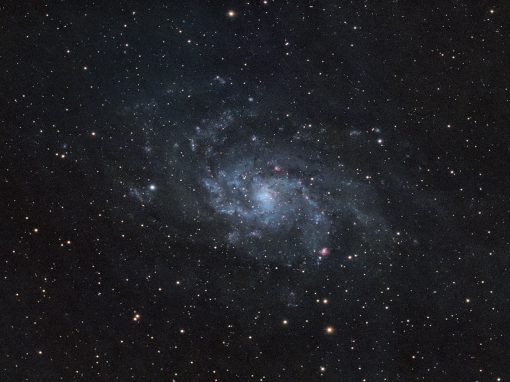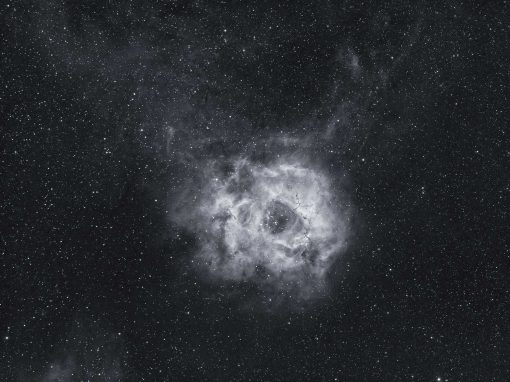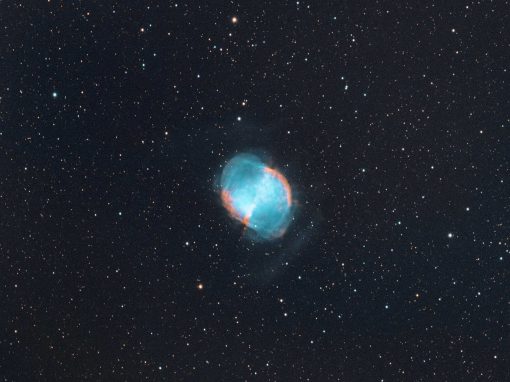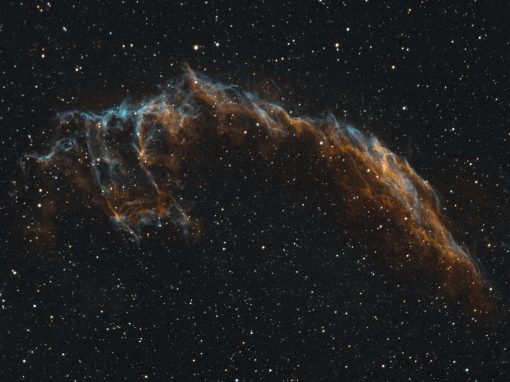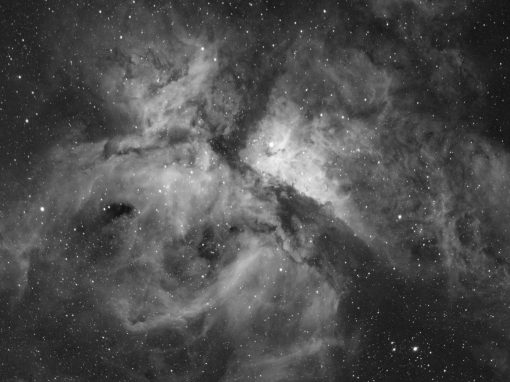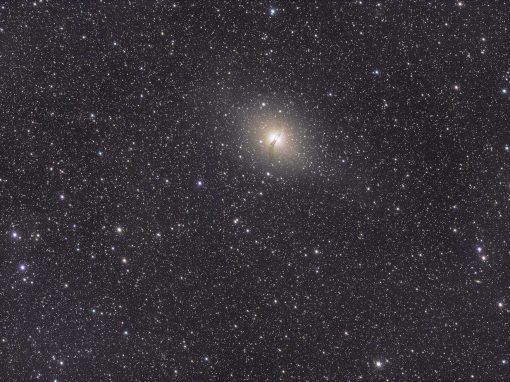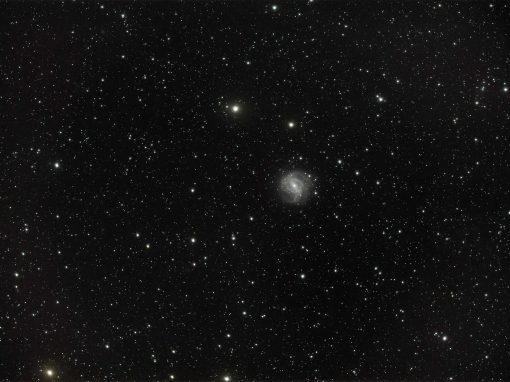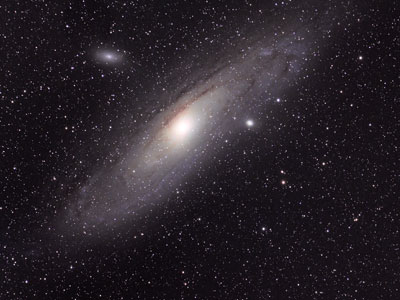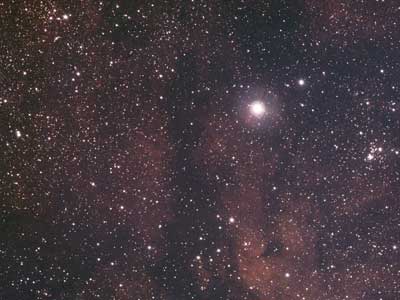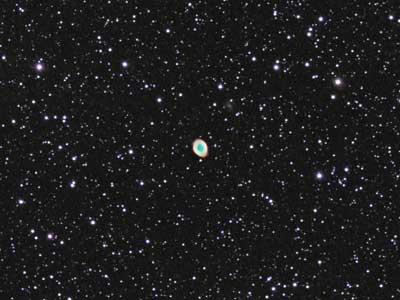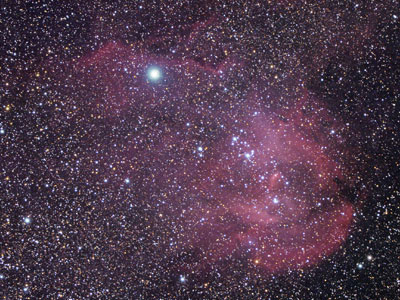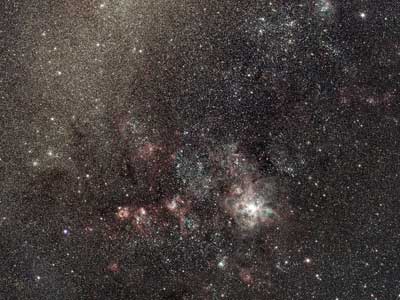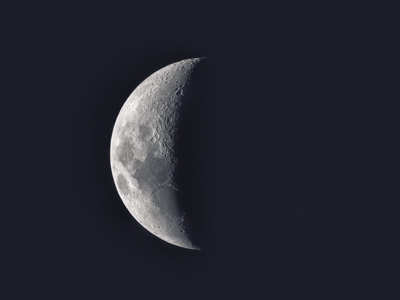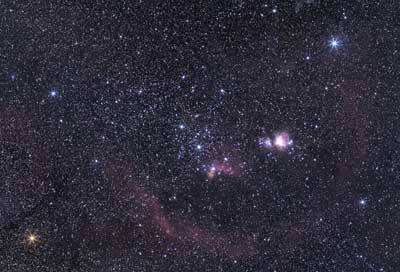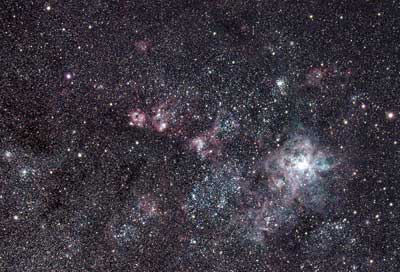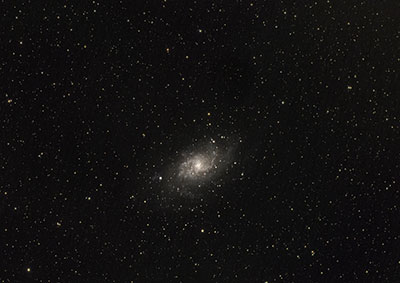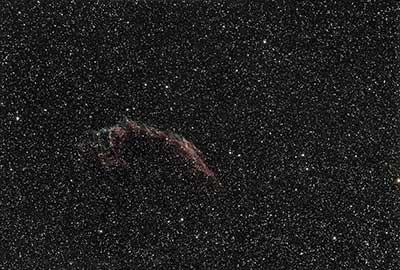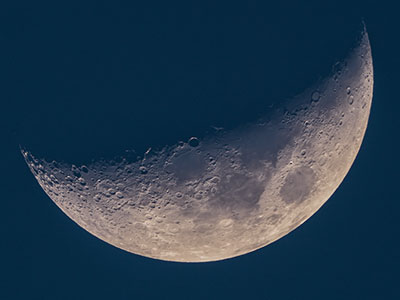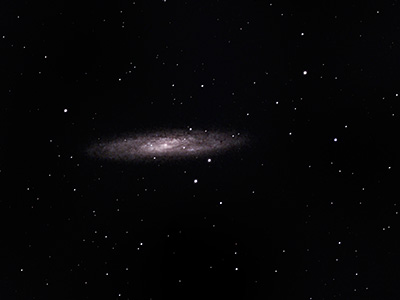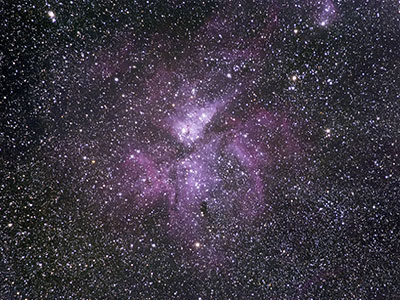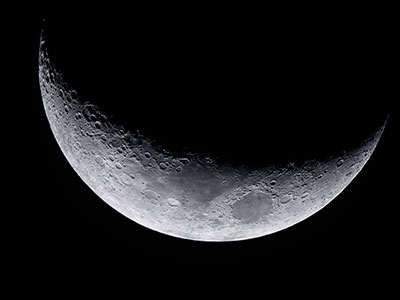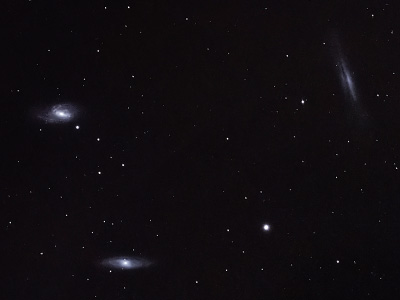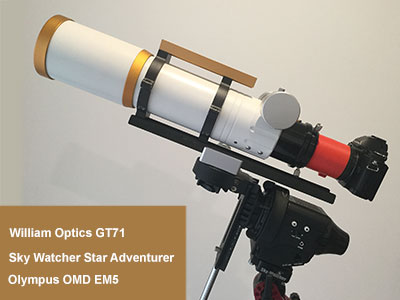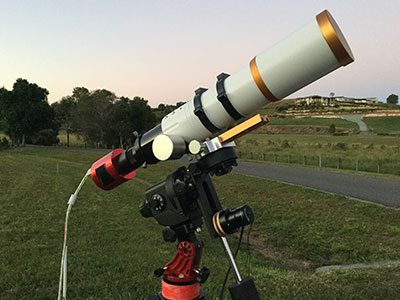M71: William Optics GT71 & ASI182MM Pro
Kedron, Queensland - 12 September 2020Astrophotography of Messier 71
Imaging a beautiful globular cluster in the constellation Sagitta
- Telescope: William Optics GT71 with FF6A2
- Camera: ASI183MM Pro
- Mount: Avalon M Zero
- Alignment: compass
- Acquisition software: NINA
- Guiding: PHd2
- Image: L 30 * 60 secs, R 10 * 60 secs, G 10 * 60 secs, B 10 * 60 secs
- Gain: 111
- Temp: 0 Deg
- Processing: AstroPixel Processor: lights, darks, flats and darks flats
- Bortle Class 7 site
- Location: Kedron, Queensland
- Date: 12/9/2020
Balcony astrophotograhy of Messier 71
This is the first LRGB image captured using the newly acquired Avalon M Zero mount. With only a rough polar alignment done using a compass and an inclinometer, this amazing mount was able to guide with only 0.94 arcseconds of error. This was also one of the first astrophotography images captured using NINA, the image sequence and capture software. It too performed flawlessly working in seamlessly with PHD2 and All Sky Plate Solver. I am now using an Intel NUC to run all the astrophotography software. The main benefit being it has a generous number of USB ports, the one I purchased having 8 ports.
M71 was captured during the early evening with clouds rolling in after only 90 minutes finishing the session. C’est La Vie.!! Woken up by drunks on the street at 3AM, I peeked out to see a beautiful cloudless night with M45 due north. After running an imaging sequence on it, I captured a stack of darks, ready for calibration in AstroPixel Processor
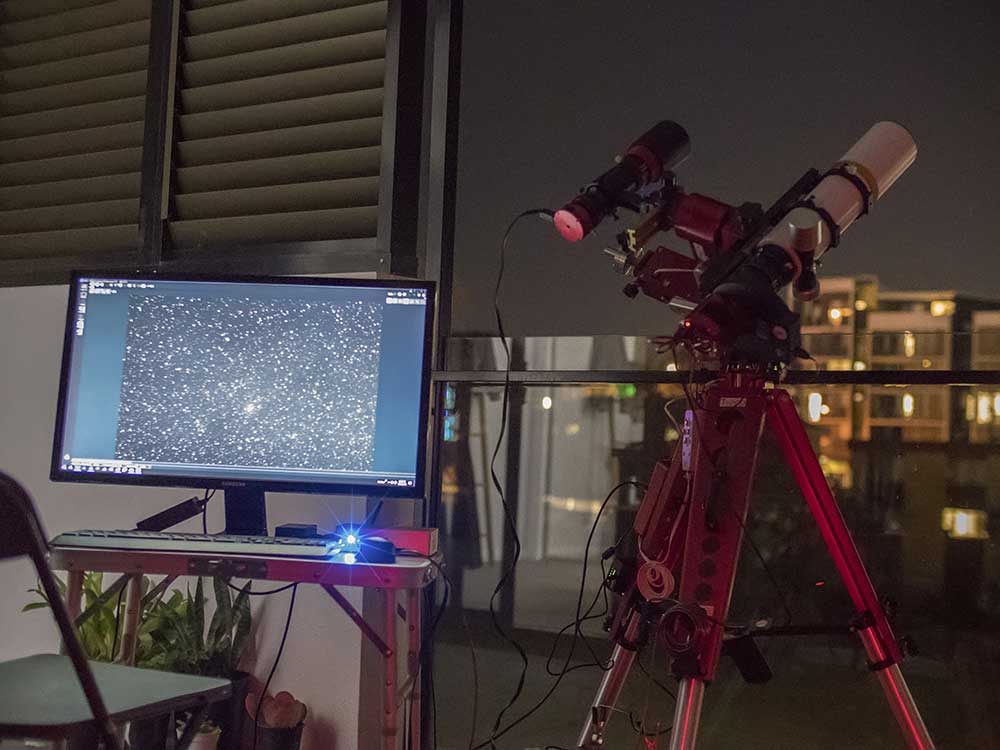
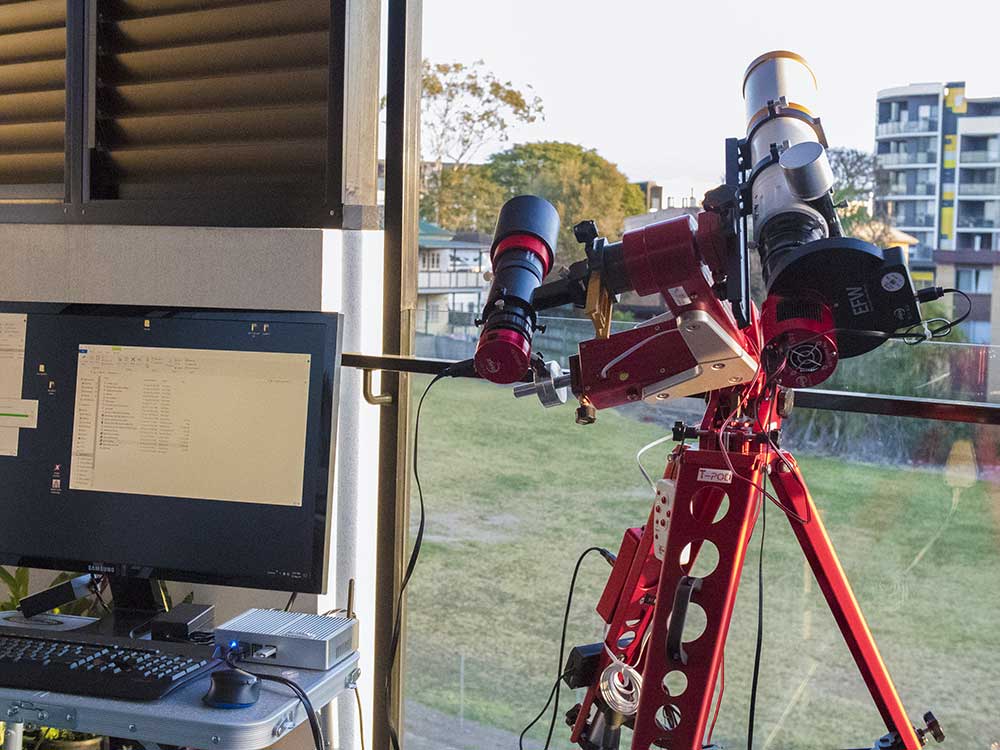
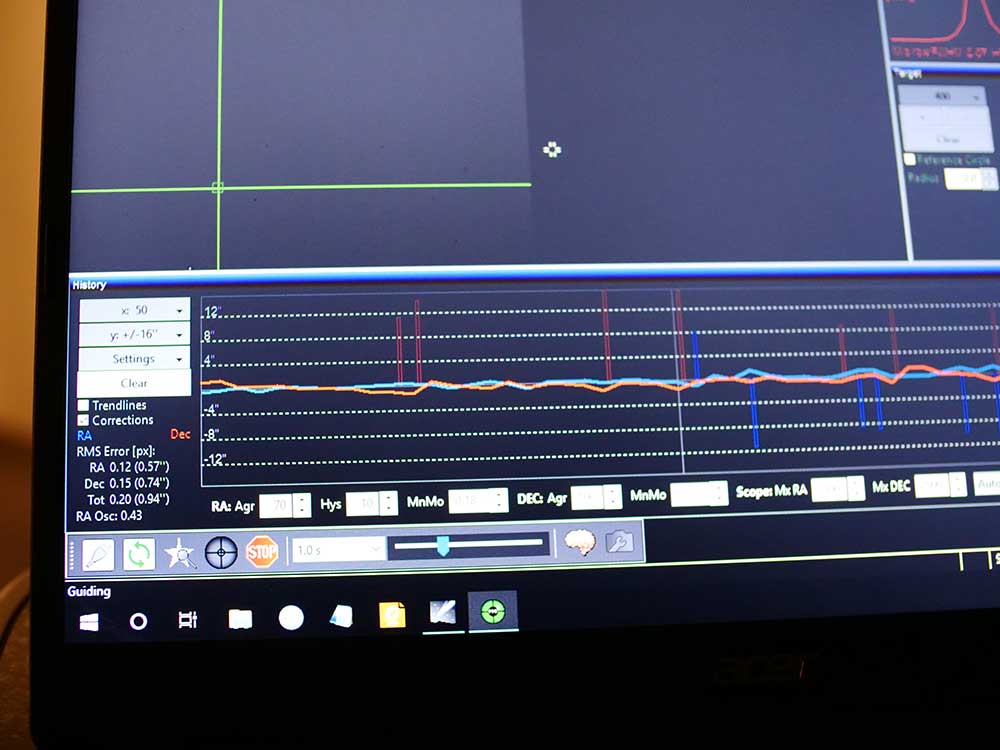
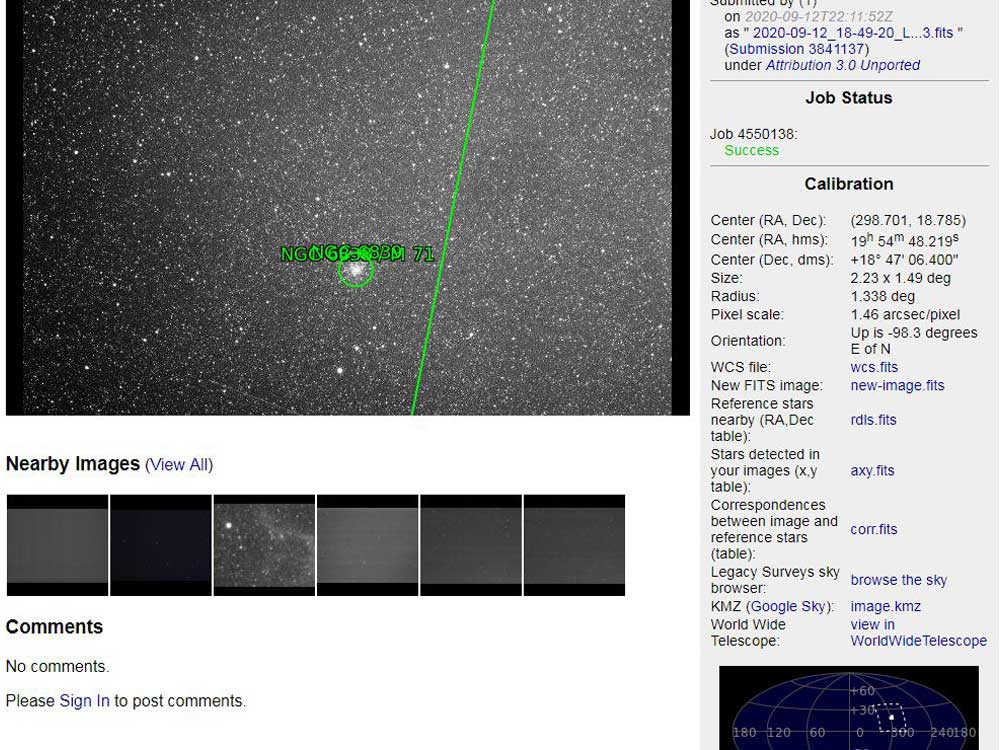
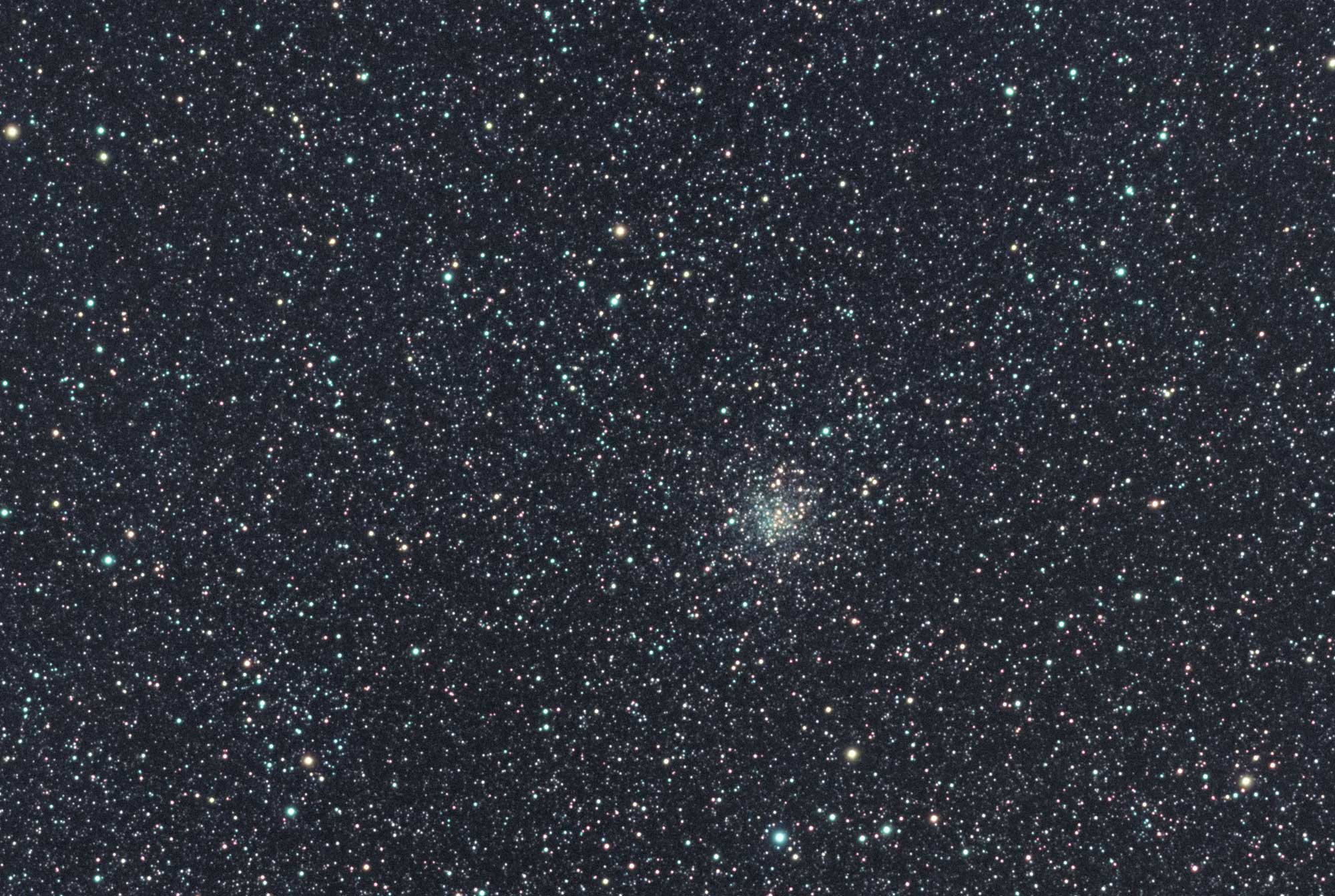
Recent Images
